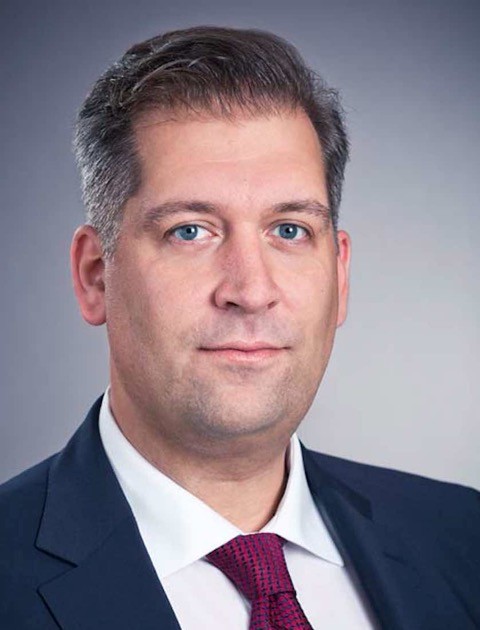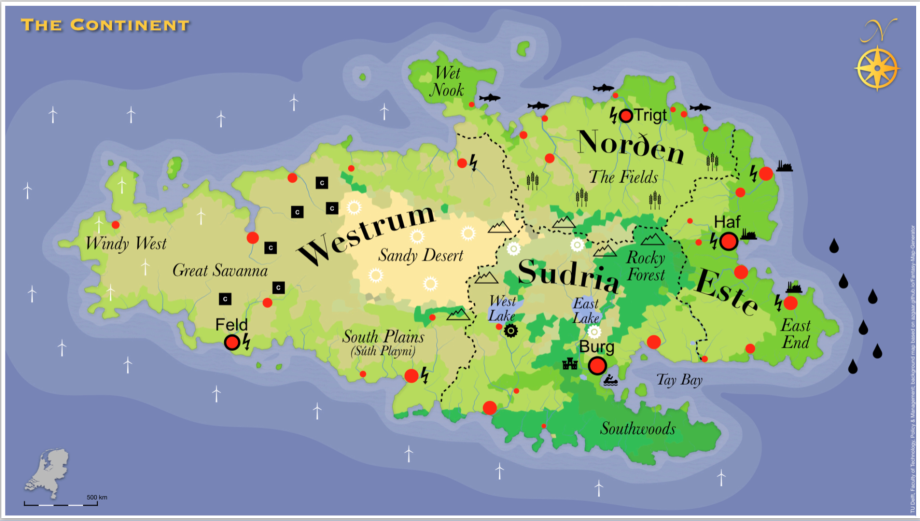The project “the Geopolitics of Renewables Simulation” is giving students the possibility to partake in simulated real-time negotiations of international energy and climate policy.
– The goal of the simulation is to come to an agreement that will help avoid climate change, says associated professor at the University of Stavanger, Thomas Michael Sattich, who is also the project leader.

Starting this March and lasting about two years, the project is a cooperation between Ghent University, Delft University of Technology, Technische Universität München and the University of Stavanger. The project received 259 183 euro in financial grant from the Erasmus+ programme for developing the simulation. 120 students across ongoing courses at the partner universities can contribute to the development process.
Learning environment for students
Renewable energy is often seen as the solution to stop further climate changes. However, planning and implementing the necessary common measures is still a difficult process. Especially on an international level, the energy transition faces a complex set of opportunities and challenges. The learning platform aims to give students a deep understanding of the challenges and opportunities associated with the transition to renewable energy.
– International relations are not new, but renewable energy is. And renewable energy has a bigger role in international relations now, says Sattich.
If climate protection and sustainability are to be achieved, the international consequences of new energy technology must be understood.

How does it work?
The students partaking in the simulation will be able to choose one out of four different countries. After they have chosen, they cannot switch to another one. They can also collectively, in a group divide roles within the chosen country. This groupwork opens up the possibility to team up and work with students in the other universities partaking in the project, creating friendship and bonds beyond one’s country’s border. In the simulation, although all the countries are made-up, they all have different characteristics, resources, budget and different goals. As a participant one would want to do best by their chosen country, making the simulation feel more real. One might see similarities from real countries, but none can be identified as specific ones. The idea is that the simulation makes it possible for students to dive into a subject in a more “fun” way than with reading and lectures.
– I think this is as much fun as it gets at the universities, says Sattich.
Double role
UIS’s role in the project is somewhat of a double role, as both participant and to oversee and make sure everything is done correctly. Sattich says they mainly will will take a backseat position to overview the process. Another a part of the cooperation is Diku, the Norwegian Agency for International Cooperation and Quality Enhancement in Higher Education, who will work as an intermediary between UiS and the EU.
